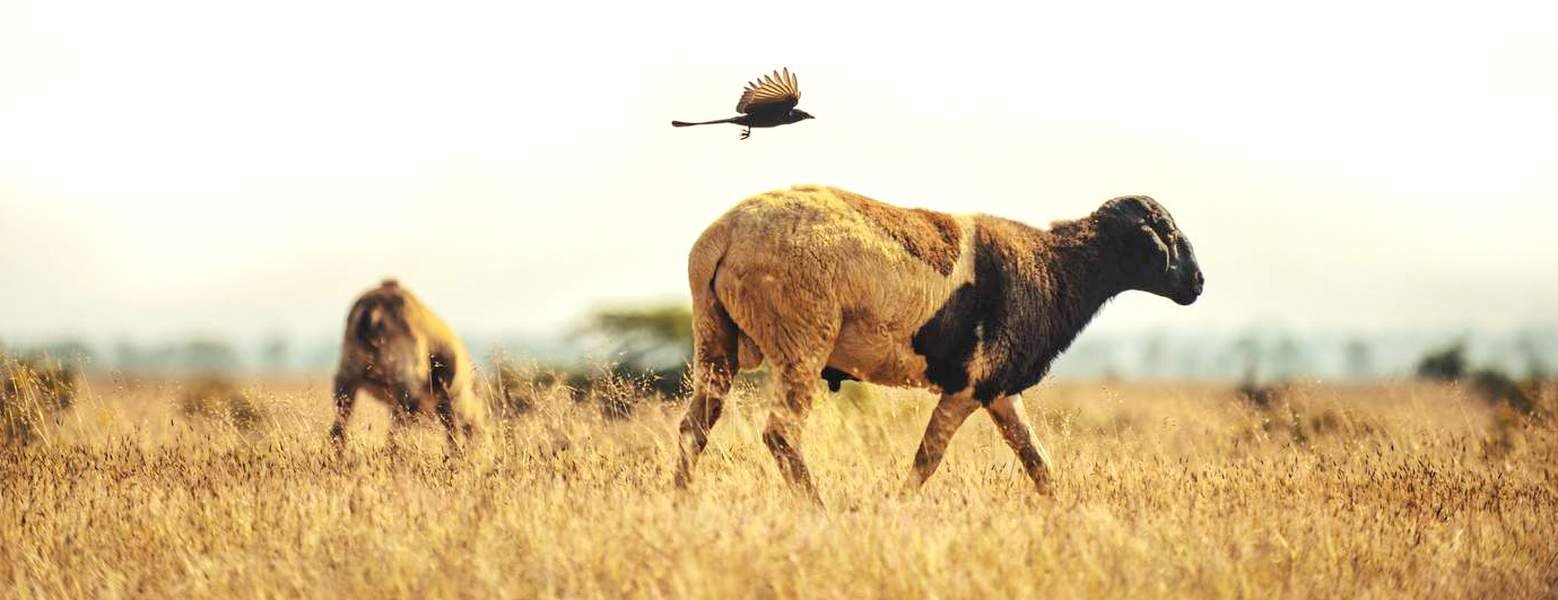New Delhi
F 301, Third Floor
Chaudhari Prem Singh House,
Himmat Singh Marg, Lado Sarai,
New Delhi, Delhi 110030
email
Bhuj, Gujarat
C/O Sahjeevan
175-Jalaram Society, Vijay Nagar
Hospital Road, Bhuj-Kachchh
Gujarat 370001
P: 91 2832 251814
Dehradun, Uttarakhand
Khasra No. 7,
Danion ka Danda
Near Ramkrishna Mission Ashram
Old Mussoorie Road, Kuthalgate
Dehradun, 248009
P: 90127 14863
